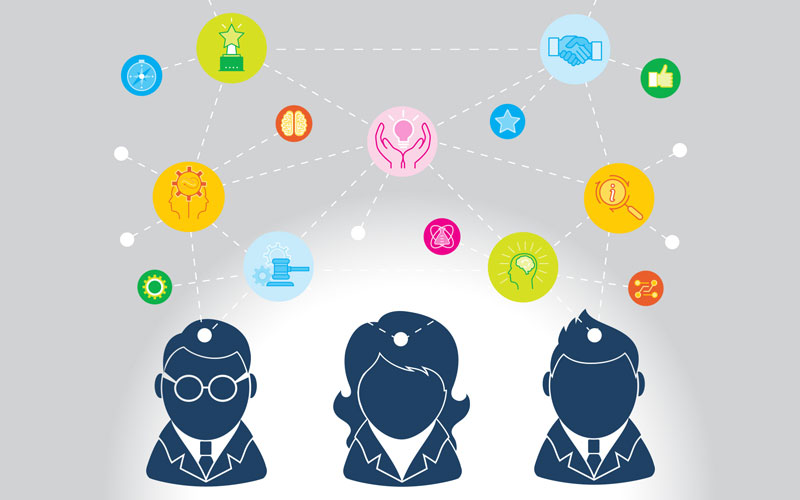Diploma in Leadership Development

ML-518
Course Objectives
- Familiarizing participants with modern leadership and management thinking and introducing them to the leadership patterns according to recent classifications, and offering information about the knowledge requirements and skills of effective leadership.
- Enabling participants to acquire personal leadership skills such as personal planning, time management skill, effective communication, and effective negotiation, focusing on planning skills, building institutional business, and forming, building and managing the work team efficiently and effectively.
- Providing participants with the necessary practical expertise and applications to enhance their skills so that they can be self-confident and lead others towards achieving the goals.
Who Should Attend?
- Assistant and Deputy directors-general, executive managers, secretaries-general, managers of different departments and heads of human resources, training, quality sectors and various units and sectors, whether in the government or private and in civil society organizations can get benefits of this program. The personnel who are rehabilitated to take on leadership positions and those who are desirous to enhance and develop their leadership skills can also attend.
Course Schedule
Modern concepts of leadership and management
- The concept of leadership and modern leadership theories.
- Transformational leadership and attitudinal leadership.
- Leadership and balance between achievement and humanity.
- Differences between the leader and the manager.
- Knowing and applying the modern leadership strategies.
Effective planning Skills
- The concept, importance and types of planning.
- Stages and steps to prepare an effective plan.
- Follow-up, assessment and appraisal of plans.
- Life planning areas (personal, financial, family, professional, and social).
Forming and leading task forces
- The concept, importance and types of task forces.
- The characteristics of the task forces and the factors influencing its performance.
- The stages of task forces formatio.
- The principles and pillars of the task force.
- Obstacles and models of problem solving of task force.
- Development and evaluation of the task force.
Time management skills
- The time of the leader between work and life.
- Time and priority management matrix.
- Weekly planning tasks table.
- Managing urgent and non-urgent tasks.
- Managing interruptions of visitors, telephone calls and controlling e-mails.
- Double reading speed.
The art of communication and effective presentation skills
- Bases and rules for effective communication.
- Effective communication elements and communication models.
- Body language and its role in influencing.
- Physical and acoustic presentation.
Skills of dialogue and negotiation
- The concept, types and objectives of negotiation.
- Parties to the negotiating process.
- Managing the negotiation process.
- Self-development of an effective negotiator.
- Dealing with the outcomes of the negotiations.
Institutional working tools and mechanisms
- Institutional work, the foundations and bases.
- Requirements for the success of institutional work.
- Establishment and continuity of institutional work.
- Transition of work from individual to institutional.
- Documentation and institutional development processes.



